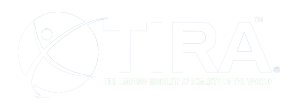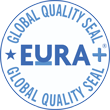Fees for top Dubai schools could jump by 4.8 per cent next academic year
Private schools will be allowed to increase their fees by at least 2.4 per cent, the Dubai education regulator announced on Sunday. The new Education Cost Index (ECI) for the next academic year was calculated at 2.4 per cent by the Dubai Statistics Centre and published by the Knowledge and Human Development Authority (KHDA). Schools rated as “outstanding” in the latest KHDA inspection reports will be eligible to increase fees by double the ECI – 4.8 per cent – “very good” schools by 1.75 times the ECI and “good” by 1.5 times. Schools classed as “acceptable”, “weak” or “very weak” can increase fees only by the 2.4 per cent ECI base rate.
“Schools can adjust their costs in line with the fees framework that takes into account the quality of education offered at private schools in Dubai,” said Mohammed Darwish, the KHDA’s chief of regulations and permits commission.
“It protects parents from arbitrary increases and provides an effective mechanism to balance the expectations of school investors and parents.”
The increase levels are based on the KHDA’s fees framework. It means parents of children in “outstanding” schools could potentially be looking at an overall fee increase of 11 per cent per child in just 12 months after a 6.2 per cent rise in the 2016/2017 academic year. But the ECI is only a guideline and it is up to individual schools whether to increase fees or not.
“After listening closely to our parents and being aware of the increasing financial pressures many families are facing, we made two announcements in November 2016, for the academic year 2017/2018,” said Clive Pierrepont, director of communications for the education provider Taaleem.
“These were, first, not to implement a fee increase irrespective of this year’s announcement of ECI, and second, to offer new sibling discounts and improved payment terms for our families.”
These announcements were welcomed by Taaleem’s school community and were offered to most of its Dubai schools, he said.
“We are pleased that the ECI will help other Dubai schools, especially those with historically low fees, to close their funding gap,” Mr Pierrepont said.
“Many of the low-fee schools are advised, after inspection by the DSIB [Dubai School Inspection Bureau], to increase or consolidate their rating. They must invest more in technology, significantly improve their facilities and improve the quality and the training of their staff.
“This requirement for improvement often means very substantial investment.
“Today’s announcement will help those schools that have long served the community to balance their books.”
The KHDA said that the index took into account school operating costs, which include teacher salaries, rent, maintenance, electricity and water charges, among other expenditures.
“The ECI protects the interests of parents and investors and balances expectations,” Mr Darwish said.
School inspections are structured around six performance standards, which are used to reach an appraisal of overall performance. The fee framework, which has been applied for the past five years, was developed in line with the strategic goals of KHDA and is connected with DSIB’s quality indicators. New private schools do not have the right to increase tuition fees for the first three years of operation.





